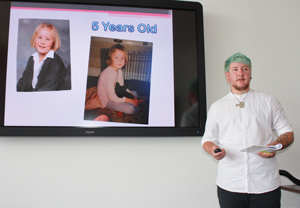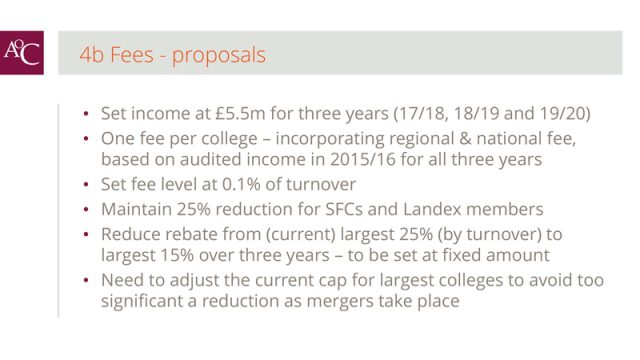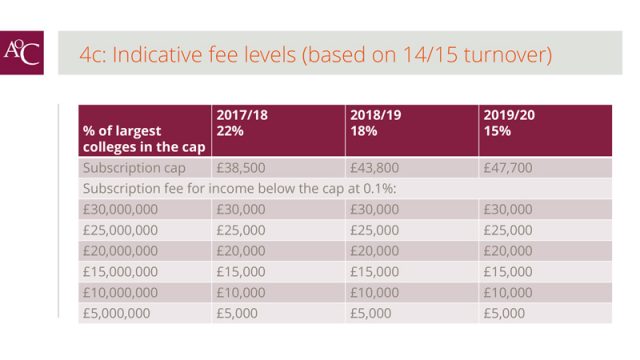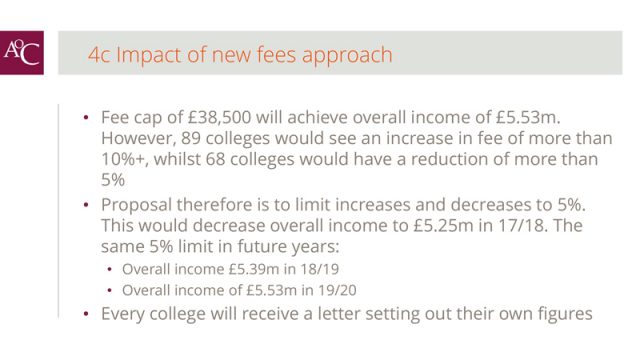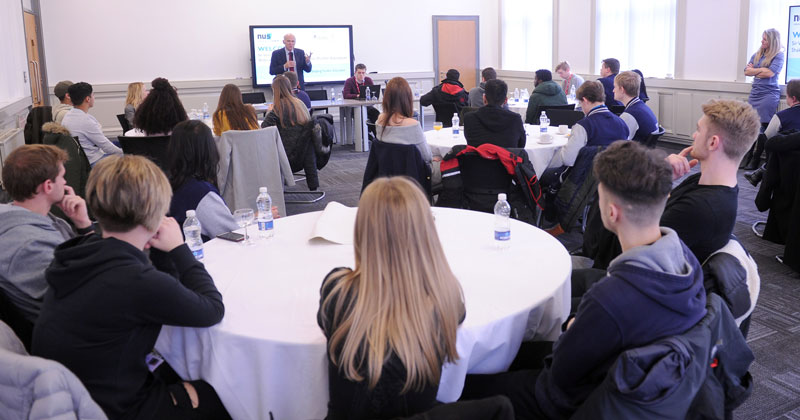Compulsory under 19 education alone cannot address the UK’s growing skills shortages; we must take the opportunity to work with government to develop a national lifelong learning strategy, says Ruth Spellman.
In an interview last week, skills and apprenticeships minister Robert Halfon reassured us that “lifelong learning is firmly back on the government’s agenda”.
The Secretary of State for Education had also recently set out in a speech earlier this month how standards can be improved still further by strengthening vocational education and expanding apprenticeships to create a world-class further education system.
But reform of the FE system is only one of the changes that are needed. If we are really to improve social mobility and address barriers to learning, we need a national lifelong-learning strategy that allows us to build pathways and opportunities for all adults, particularly those furthest from the labour market, who are educationally disadvantaged or who are in low-paid or unskilled work.
According to the Learning and Work Institute, the proportion of unemployed adults taking part in learning has decreased since 2014, falling from 41 per cent to the previous level of 35 per cent found in 2013. The AOC has highlighted a 35 per cent drop in adult skills funding between 2009/10 and 2015/16. And furthermore, there has been a catastrophic decline in adult participation in HE (a 40+ per cent drop since 2010) .
Meanwhile the overwhelming focus of government policy and funding continues to be the under 19s.
The recent Commons debate on adult education called by David Lammy voiced concerns we have been raising for some time – concerns which were echoed by Sir Vince Cable’s 2017 WEA annual lecture last month.
The overwhelming focus continues to be the under 19s
It has been encouraging to hear recent repeated statements from the prime minister and Justine Greening on the need for a shared society and greater social mobility and I believe that we now have a real opportunity to work with government to make this a reality.
To achieve these desired end points – our policies, strategies and delivery need to be aligned as follows:
1. We want the government to act on the five key recommendations of the APPG for adult education report:
Establish a national strategy for adult education.
Rebuild and rebalance resources fairly for adults.
Provide careers information advice and guidance in local communities.
Ensure that we have a systematic approach to gathering evidence on the full impact of adult education.
Encourage employers to provide educational opportunities for employees.
2. Deliver funding for those most in need, but who are not ready for a degree course or apprenticeship, and consider introducing an entitlement in English, maths and digital.
3. Raise standards in HE and FE and create plural pathways back into learning for all learners irrespective of age or current qualifications.
None of this is beyond our capability. In the academic year 2015/16, the WEA engaged over 60,000 students in England and Scotland – 23 per cent had no academic qualifications when they began their course, 42 per cent were claiming means-tested benefits and 38 per cent were living in a disadvantaged area.
Compulsory under-19 education alone cannot address the UK’s growing skills shortages. It cannot anticipate the way in which technological advancements will require new skillsets. It doesn’t tackle one of the major forces shaping our society today: an ageing population.
A national lifelong learning strategy could do these things and help future-proof our society and our economy. Over a lifetime, we will need to upskill and reskill. The government’s industrial strategy green paper promises ‘ambitious new approaches to encouraging lifelong learning’ and we intend to contribute to it. We need more than an approach – we urgently need long-term commitment and a plan of action.
Ruth Spellman is chief executive of the Workers’ Educational Association

